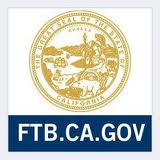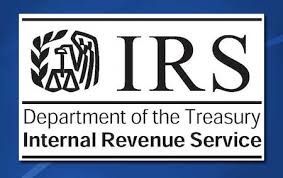 Have you set up your appointment to have taxes done?
Have you set up your appointment to have taxes done?
The following are large items that are already set in law that you can count on (literally and figuratively) for this tax season. Don’t forget about income limitations and phase outs.
Child Credits.
For each qualifying child under age 17 knocks up to $1,000 from your tax bill.
College Education.
Two big credits are available. The American Opportunity Credit can reduce your tax bill by up to $2,500 per eligible student or up to $2,000 through the Lifetime Learning Credit.
0% Capital Gains Rate.
This capital gains rate is available to all taxpayers in the 10% and 15% tax brackets. Married taxpayers qualify for the 0% rate if their taxable income is $73,800 or less, for single taxpayers $36,900 or less, and head of household is $49,400. To see the 2015 Tax Brackets.
Tax Free Gains on Home Sales.
Married couples can exclude up to $500,000 from their gain from their income from the sale of their home, for single taxpayers the maximum exclusion is $250,000. Ownership and occupancy rules apply.
Energy Saving Credits.
You can claim a credit for up to 30% of the cost of buying and installing solar panels, solar water heaters, geothermal heat pumps and small wind energy systems.


 Just make sure you don’t use it for client or business entertainment.
Just make sure you don’t use it for client or business entertainment. 


